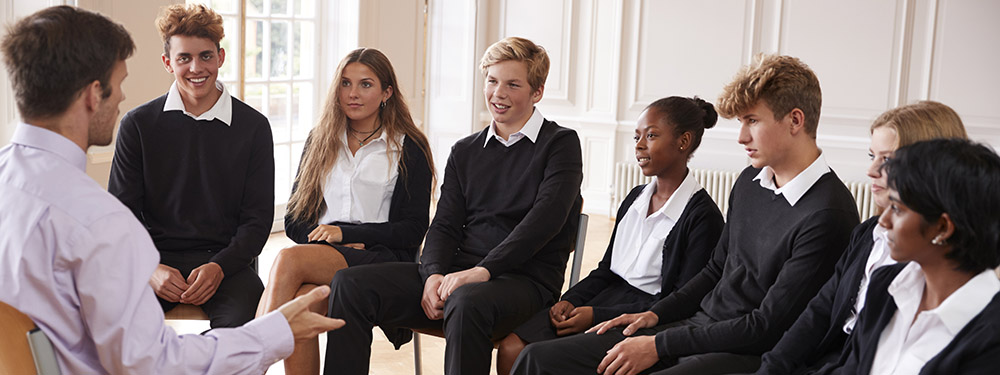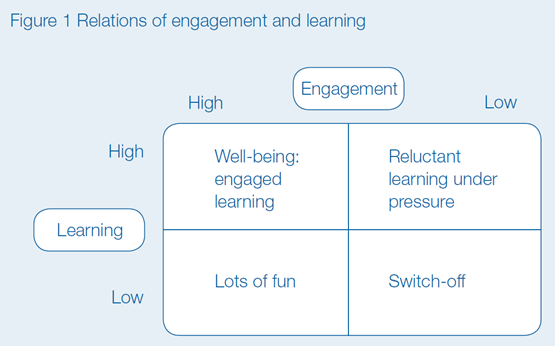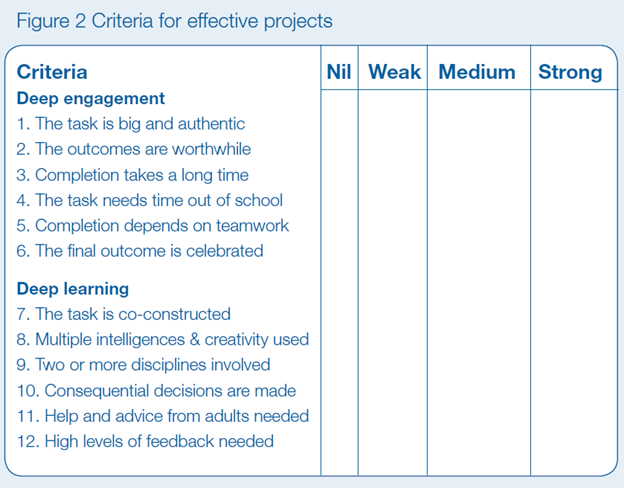
The DfE does not think that teachers are good curriculum designers, so have provided Oak Academy with £43 million over three years to provide curriculum materials to schools. Oak’s purpose is to “improve pupil outcomes and close the disadvantage gap by supporting teachers to teach, and pupils to access a high-quality curriculum.” This is another example for me of the DfE not having due regard for the professionalism of teachers.
My colleague, Alex Galvin, who leads on the curriculum work for SSAT makes the following points:
- Effective curriculum design is rooted in subject expertise, careful consideration of context and the knowledge students need to acquire – any off the peg approach, however good, is not going to provide this
- Effective curriculum implementation is inseparable from effective pedagogy and high-quality formative assessment.
We agree that there has been some excellent work in many schools around the curriculum. This work is having a positive impact because teachers at all levels have been involved in the process of curriculum design – articulating a vision for curriculum, identifying key concepts and components, planning and sequencing delivery. Engagement in the process of curriculum design leads to a greater depth of understanding, which in turn informs effective pedagogy and a greater ability to measure impact. Curriculum design is a critical part of the profession of a teacher.
Many students are struggling to engage with schooling since the pandemic. In my talk with Professor Barry Carpenter we focused on the impact on learning and talked about the recovery curriculum. Children’s and young people’s mental health has been affected, and it is taking time to re-establish social groups. For older students, their time is dominated by examination syllabi, but what could be done for key stage 3 students? Fortunately, extra-curricular activities have resumed, and help students to re-engage. Ask what people remember as the best of their school days, and the most common answers refer to events that gave huge pleasure and a sense of achievement – a school play, a choir, a musical concert, a major sporting success, a memorable school trip.
The structure of such events differs from the lesson. They tend to:
- Have an ambitious goal.
- Stretch abilities and talents.
- Demand active involvement.
- Be team events, requiring close collaboration.
- Require dedication and commitment.
- Need long, and often hard preparation – various forms of training and rehearsal.
- Depend on feedback from coach or mentor.
- End in some kind of public performance or display as a climax.
For students to find an experience at school to be deeply rewarding and memorable it must both engage them and entail successful learning. This is crucial to well-being at school. Professor David Hargreaves in Deep Learning – 2 used the following to show the relations of engagement and learning:

It is impossible for teachers to ensure that every lesson achieves the ideal combination of deep engagement and deep learning. It is easier to do so with projects, because many features of the best extracurricular events are also built into project structures.
He also produced the following grid with the criteria for effective projects:

Use the grid against a typical lesson and check the extent to which each of the 12 criteria is present. Then repeat the exercise with a project. It is much easier to meet the criteria in a project than in a lesson.
Project based learning does not fit easily into the conventional structure of the school day, but time could be allocated during the school year for example one day a term or during activities week. At a time when wellbeing is central to teachers’ thoughts, project-based learning offers so much, as it relies heavily on teamwork. It might also improve the wellbeing of teachers, as they will be collaborating with colleagues from other disciplines. Creativity often arises when very different ideas or domains are brought together to generate something new. Some schools are doing this, and we would love to hear about your work and to share it with the network. Let’s show the DfE that the best curriculum designers are teachers.
Find out more about our curriculum training and support.
